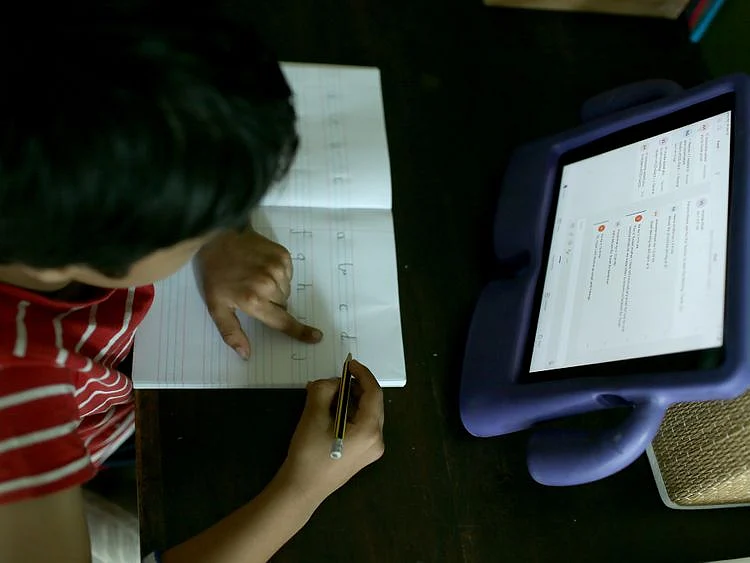Schools must strive to provide effective e-learning
Midterm evaluation is a good opportunity to hold non-compliant institutions accountable

When the signs of the spread of Covid-19 became clear in the UAE in March, the Ministry of Education swiftly moved to close schools, colleges and universities – becoming only among 16 countries in the world to take such a preventive decision at a very early stage of the outbreak. Today, with schools and universities shut in nearly 160 countries globally, about 1.5 billion students have embraced some form of distance learning to continue the process of education, validating the UAE’s decision.
In the UAE, more than a million students have benefited from that continuity, ensuring that there is no disruption even as a pandemic ravages the world. Schools, colleges and universities in the country rushed to provide distance-learning opportunities to students, rolling out virtual classes on Teams, setting up student groups and providing tech guidance to teachers, students and parents. None of the educational institutions in the UAE were prepared to roll out e-learning at such a short and abrupt notice.
But now, nearly eight weeks into the academic semester, would be a good time to review the success of distance learning and find ways of making the entire experience more effective and meaningful for everyone involved. Starting this month, all UAE schools will undergo a Distance Learning Evaluation, a joint initiative between the education authorities of various emirates. This is a timely initiative to focus on the strengths and shortcomings of the e-learning process and involves extensive discussions with educators as well as feedback from students.
This is vital – because some schools have made a travesty of the online learning process, preferring to replace lessons with pre-recorded YouTube videos. In some cases there’s not even a proper platform for student-teacher interactions. A common refrain in other schools has been that parents spend way too much time and effort to handhold their children during class while juggling with their own stressful work-from-home responsibilities, even as the schools get away by providing perfunctory lessons.
There’s absolutely nothing to learn from such classrooms and it’s the total waste of a school year, even as parents struggle to keep paying school fees amid salary cuts and job losses. Education councils across emirates must hold such institutions responsible with stringent oversight of the e-learning process. Schools must be trained further to keep the academic rigor of e-learning intact and make it worth for students. Only with coordinated effort and accountability from everyone can e-learning become a true and lasting success for students.
Sign up for the Daily Briefing
Get the latest news and updates straight to your inbox
Network Links
GN StoreDownload our app
© Al Nisr Publishing LLC 2026. All rights reserved.